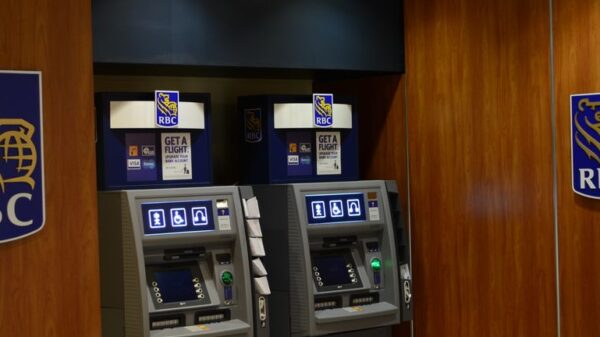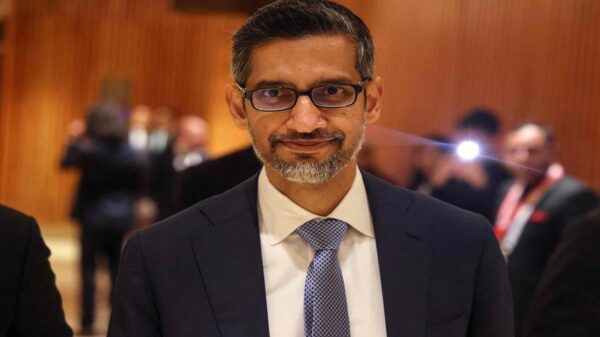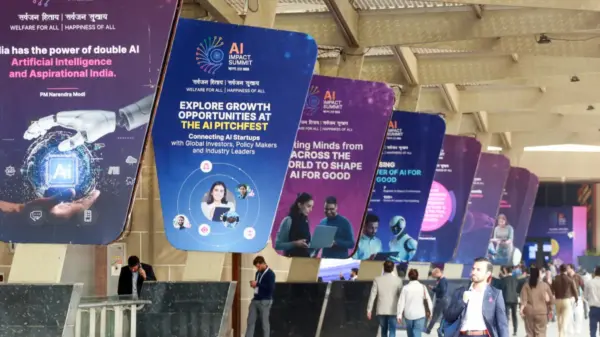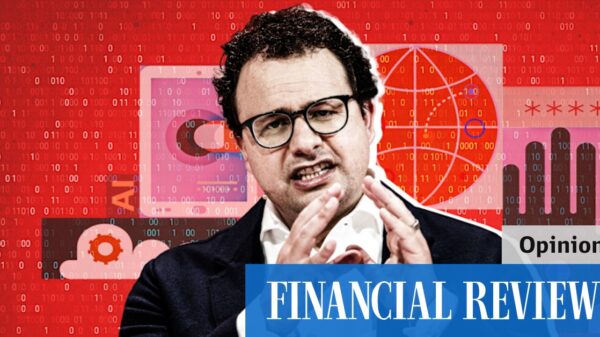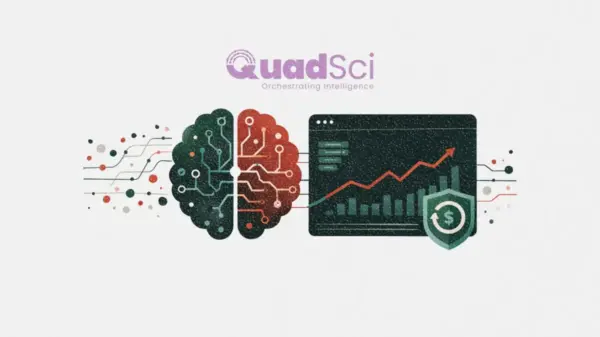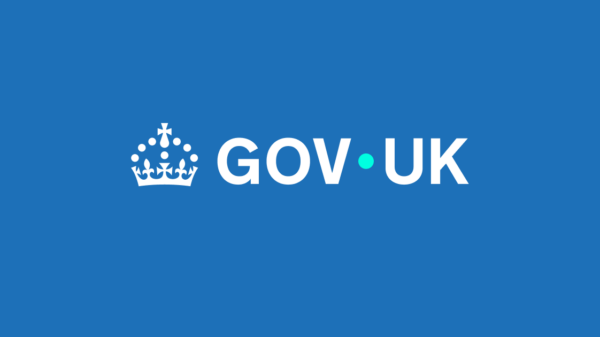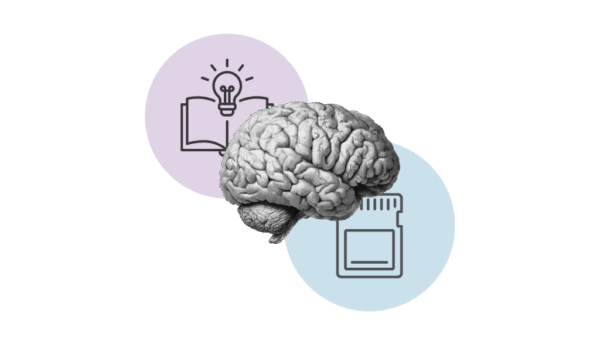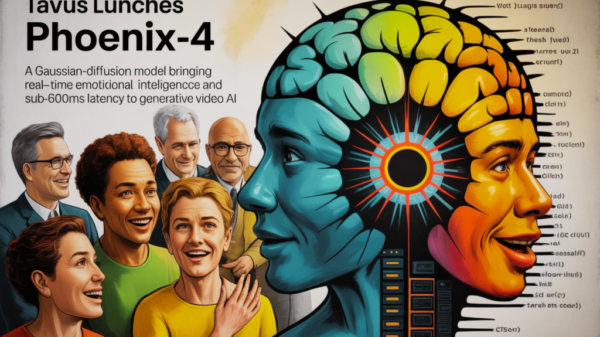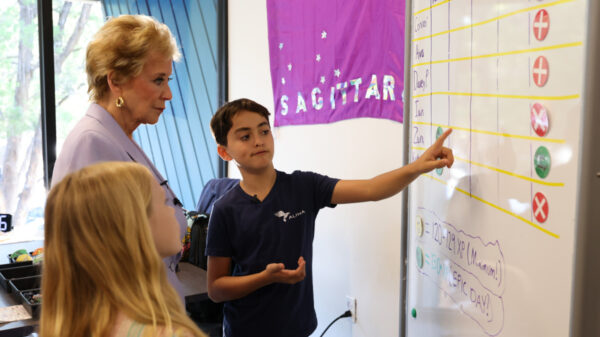In a significant move within the financial technology space, Intuit, renowned for its products like TurboTax and QuickBooks, has entered into a multiyear agreement exceeding $100 million with OpenAI. This partnership aims to integrate OpenAI’s advanced artificial intelligence language models across Intuit’s various financial products, including TurboTax, QuickBooks, Credit Karma, and Mailchimp. The goal is to enhance user interaction through improved guidance and automation capabilities.
The integration signifies a shift in how users interact with their financial data. TurboTax customers will now have the ability to connect their Intuit accounts with ChatGPT. This integration will allow ChatGPT to assist users securely in managing their tax filings and financial profiles without needing direct access to their sensitive documents. Such a feature could revolutionize the user experience by providing tailored assistance and reducing the complexity often associated with financial tasks.
This collaboration dovetails with broader trends in the fintech sector, as companies increasingly leverage AI to streamline services and enhance user engagement. The use of language models like ChatGPT can provide real-time insights, automate repetitive tasks, and offer personalized recommendations, making financial management more accessible to the average user.
Industry Trends and Implications
As AI continues to gain traction across various sectors, Intuit’s partnership with OpenAI highlights the growing importance of artificial intelligence in finance. Notably, the integration of AI into financial services could lead to significant cost savings and efficiency improvements. According to industry reports, companies that effectively utilize AI can reduce operational costs by up to 30% while simultaneously improving customer satisfaction rates.
The implications of this partnership extend beyond just Intuit. As more companies adopt AI technologies, the competitive landscape is likely to shift. Established players may need to innovate further to retain market share, while new entrants may find opportunities to disrupt traditional models. This evolution may foster a more dynamic market characterized by rapid technological advancements and improved services for consumers.
Moreover, the integration of AI language models has the potential to democratize access to financial advice. By providing automated, personalized responses to common financial queries, platforms like TurboTax and QuickBooks can help users make informed decisions without the need for expensive consultations. Thus, this integration may empower users who previously felt overwhelmed by their financial responsibilities, encouraging proactive management of their financial health.
In parallel developments within the tech industry, TenDollarHealth has launched what it claims as the first telehealth platform offering unlimited primary and urgent care visits for just $10, eliminating the need for insurance or deductibles. This initiative addresses the widespread issues of high out-of-pocket healthcare costs, which a recent survey revealed affects over half of Americans, leading many to delay necessary treatments.
Meanwhile, in the realm of autonomous transportation, Zoox, owned by Amazon, has begun allowing selected users to request rides in its fully driverless vehicles in San Francisco. This move puts Zoox in direct competition with Waymo, which has been operational since 2020 and has provided over 10 million paid rides. Such developments underline the rapid advancements in AI-driven technologies across various sectors, from finance to healthcare to transportation.
A Future Shaped by AI
As companies like Intuit and OpenAI continue to push the boundaries of what is possible with AI, the future of financial services looks promising. Enhanced user experiences, improved efficiency, and greater accessibility are key themes that will define the next generation of fintech innovations. The integration of AI not only presents opportunities for existing companies but also paves the way for new entrants to revolutionize how individuals manage their financial lives.
In conclusion, the partnership between Intuit and OpenAI is a pivotal moment that underscores the transformative potential of AI in financial services. As more users gain access to sophisticated AI tools, the landscape of financial management will undoubtedly evolve, making it more intuitive and user-friendly. The ongoing developments in this space will be closely watched, as they could set the standard for future innovations across the industry.
See also Hugging Face CEO Warns LLM Bubble Could Burst Next Year, Emphasizes Specialized Models
Hugging Face CEO Warns LLM Bubble Could Burst Next Year, Emphasizes Specialized Models Uber Faces Legal Pressure to Halt AI-based Pay Systems Amid Driver Income Concerns
Uber Faces Legal Pressure to Halt AI-based Pay Systems Amid Driver Income Concerns Google Launches Gemini 3 with Enhanced Contextual Thinking and Free Access for Students
Google Launches Gemini 3 with Enhanced Contextual Thinking and Free Access for Students Trump Leverages $1 Trillion Saudi Investment to Boost AI Economy Amid Market Concerns
Trump Leverages $1 Trillion Saudi Investment to Boost AI Economy Amid Market Concerns IBM Integrates Consulting Advantage into Microsoft Copilot, Saving 250,000 Hours Annually
IBM Integrates Consulting Advantage into Microsoft Copilot, Saving 250,000 Hours Annually








